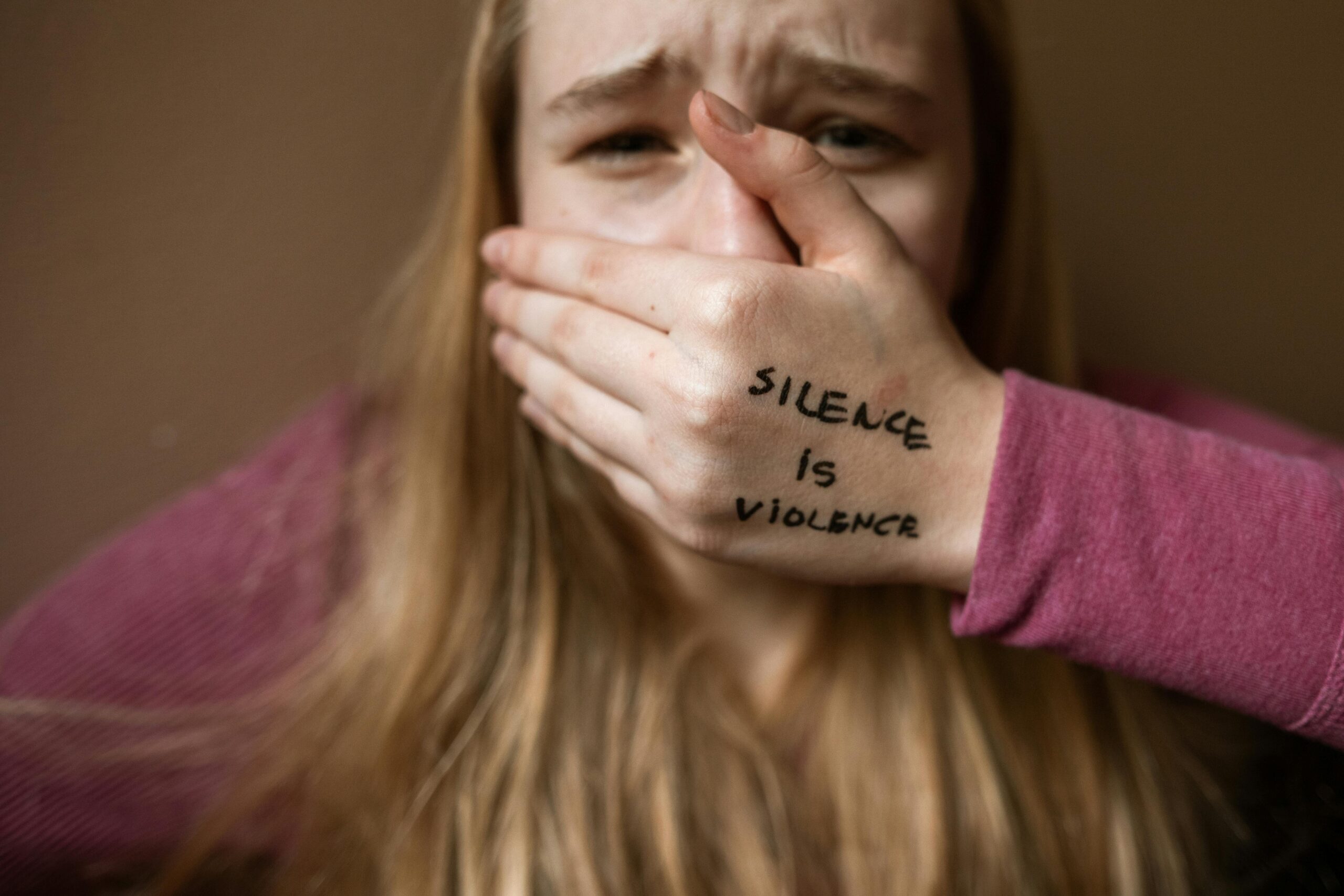News
Gender Based Violence: Women and Girls Refuse to Remain Weaker Vessels

Everywhere around the world, gender-based violence (GBV) remains a horrible reality. This pervasive human rights issue that surpasses national and cultural boundaries is one of the most persistent barriers to achieving gender equality and sustainable development.
Gender-based violence is not only limited to women. Anyone can fall victim to violence simply because of their gender, but women and girls are especially at risk which makes this a very sensitive topic to talk about. The statistics are very staggering as estimates published by WHO indicates that globally about 1 in 3 (30%) of women worldwide have been subjected to either physical and/ or sexual intimate partner violence in their lifetime.
The UN defines violence against women as ‘any act of gender-based violence that results in or is likely to result in, physical, sexual or psychological harm or suffering to women, including threats of such acts, coercion or arbitrary deprivation of liberty, whether occurring in public or private life. GBV can manifest in a variety of ways. Some of these include physical violence, such as assault or slavery; emotional or psychological violence, such as verbal abuse or confinement; sexual abuse, including rape; harmful practices, like child marriage and female genital mutilation; socio-economic violence, which includes denial of resources; and sexual harassment, exploitation, and abuse. Is this not an abuse of their human right?
Research has revealed societal norms and power imbalances that perpetuate discrimination against women and girls as the fueling factors of GBV. Poverty, conflict, displacement, family stress among others have also been highlighted as causes of gender-based violence. For instance, in war-torn nations like Yemen and South Sudan, displaced women and girls face heightened risks of sexual assault, forced marriages, and brutal subordination at the hands of armed groups. Does this mean that the world is failing girls?
Gender-based violence threatens women’s health worldwide adding to the global burden of disease. According to a report, gender-based violence can have harmful impacts on reproductive health, leading to several negative outcomes. For instance, incest victims may experience early teenage childbearing, while sexually and physically abused teenagers may have rapid repeat pregnancies during adolescence. In addition, college women who are in abusive relationships may be at risk of contracting sexually transmitted infections and undergoing abortion. Overall, gender-based violence can have serious and long-lasting consequences for individuals’ reproductive health. These much consequences would leave anyone asking if there can be a way out at all.
Thankfully, regardless of the ugly reality of gender-based violence, there are individuals and organizations working tirelessly to confront it and transform societal attitudes. In the rural communities of Uganda, grassroot initiatives are empowering women and equipping them with the tools to break free from the shackles of GBV. In Jordan, safe spaces were provided to help refugee women and girls, especially victims of GBV with counseling and vocational training. And in Nigeria, particularly the shores of Lafia, the World Bank has stepped in to save the day. There was a one-day sensitization workshop in April 2024 for stakeholders to discuss the dangers of GBV. With fingers crossed, we hope for a light at the end of this dark tunnel. Much has been done, but much more needs to be done so that women and girls can feel safe in the world.
GBV is not merely a women’s issue, it is a crisis that affects us all. By supporting initiatives that empower women and girls, promoting gender-responsive action, government and humanitarian organizations alike can bring about positive change.

